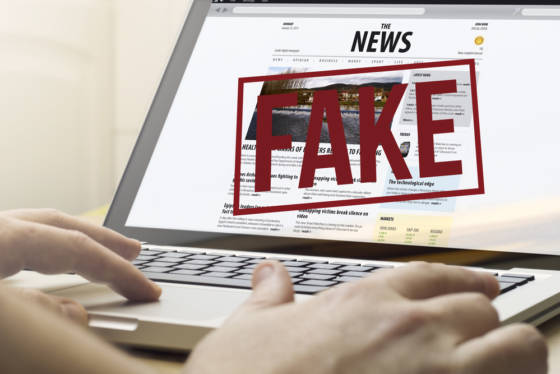Beware the (computer) virus and other covid19 fraud


The need for information about coronavirus is giving rise to hackers and fake news merchants who are trying to spread malicious software via social media and designated websites, and people working form home should be extra vigilant, the Volkskrant warns.
Beware a fake version of the authoritative Johns Hopkins University which tells people to download a map explaining the spread of the virus, for instance, the paper said. The download, which is not necessary on the real website, contains malware, very often the kind that uses the computer’s computing power to look for bitcoins and other digital currencies.
In the Netherlands a fake version of the government RIVM health website (ending in nlgoogle.com preceded by rivm, which you should NOT click on) was set up this week. The IP address is one that has appeared in other malware cases, the paper said, and people are advised not to open links in emails but to go directly to a site.
People who work from home are advised to follow their employers’ guidelines on working from home and not deviate from them, for instance by using their private email to avoid any risks.
Another phenomenon rearing its head is the sale of hand gel, masks and toilet paper for exorbitant prices on sites like Marktplaats and even the blood of infected people on the dark web, the Volkskrant found. Marktplaats Piazza is offering vaccines.
According to cyber safety firm Cybersprint the number of registered websites featuring ‘covid19’ or ‘corona’ has soared to 22,000. A large number are dedicated to fake adverts for products that don’t work or other fraudulent activities, it said.
Fake news is another by product of the pandemic. The RIVM has had to intervene when a list containing a wrong number of infected people did the rounds on social media and the ministry of defence had to deny the army would be on stand-by in order to keep people off the streets.
Hungry for news
The paper quotes fake news researcher Peter Burger from Leiden University who said ‘totally fabricated stories’ are catnip to a population hungry for news.
People who want to know what to do to prevent contagion should not heed the advice purportedly given by Stanford University that drinking water every 15 minutes can keep the virus at bay.
The World Health Organisation site has a list of fake advice, including dousing the body in alcohol or chlorine and eating garlic (although the latter could be useful in promoting social distancing).
Thank you for donating to DutchNews.nl.
We could not provide the Dutch News service, and keep it free of charge, without the generous support of our readers. Your donations allow us to report on issues you tell us matter, and provide you with a summary of the most important Dutch news each day.
Make a donation